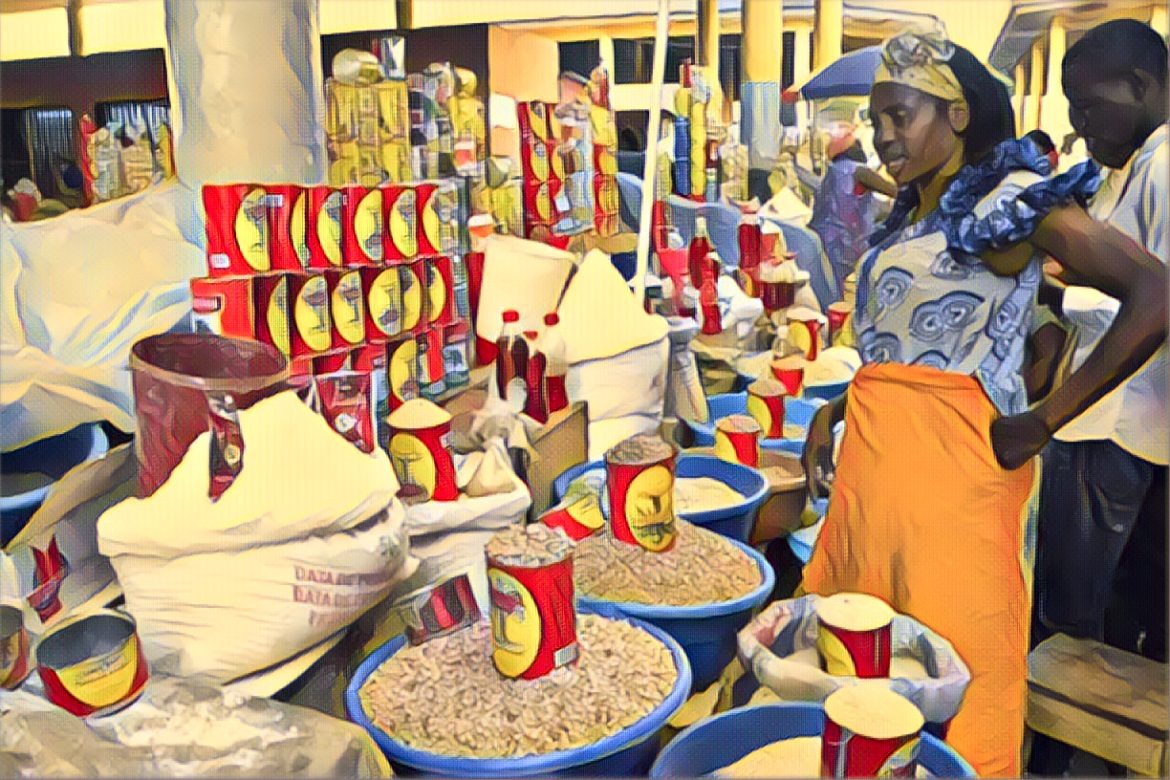Zimbabwe has announced a rollback of some of the tax increases and new levies that were introduced in the 2024 budget, following a public outcry over the rising cost of living in the southern African nation.
Finance Minister Mthuli Ncube said on Tuesday that he had decided to scrap the value-added tax (VAT) on basic food items such as bread, milk, cooking oil, mealie meal, salt, and sugar, which had moved from zero rating to the exemption in line with regional practice.
He also said that other basic commodities such as meat, rice, soap, toothpaste, and petroleum jelly, which had been moved to standard rating, should only experience minimal price increases as a result of the VAT adjustment.
Ncube said the tax changes were meant to raise more revenue for the state, which is facing a huge budget deficit and struggling to fund essential services and infrastructure projects.
However, he said he was concerned about the impact of the tax measures on the welfare of the citizens, especially the poor and vulnerable, who are already grappling with high inflation and low incomes.
“Inflation, which closed 2023 at 26.5%, has been a major drawback for Zimbabwe and was threatening to inflame after I introduced VAT on many basic foodstuffs,” he said in a statement.
“Treasury’s attention has been drawn to the impending increases in prices of the basic commodities, as a result of the re-arrangement of the VAT system. There should be no price increases,” he added.
Ncube also said he had reduced a new surtax on sugar content, which was aimed at discouraging excessive consumption of sugar and promoting healthy lifestyles, from US$0.002 to US$0.001 per gram. He clarified that the surtax would only apply to added sugar and not to natural sugar found in fruits and vegetables.
He further said he had revised a new withholding tax on non-registered retailers and wholesalers, which was intended to formalize the large informal sector and broaden the tax base, from 30% to 10%. He said retailers could purchase from manufacturers as long as they had obtained a valid tax clearance certificate and were VAT registered.
Ncube’s announcement came after the Confederation of Zimbabwe Industries (CZI), an umbrella body of local manufacturers, conducted an impact analysis of the new tax measures and engaged the government on their concerns.
The CZI said the tax measures had increased the cost of doing business and acted as a deterrent to investment and growth. It also said the measures had created compliance challenges for businesses and distorted the pricing environment.
The CZI welcomed the government’s decision to review the tax measures, saying it would ease the pressure on consumers and producers.
“We are happy that the government has listened to our concerns and taken corrective action. We hope this will stabilize the prices and improve the business climate,” CZI president Henry Ruzvidzo told Al Jazeera.
Zimbabwe, which has been recovering from a decade-long economic crisis, is facing multiple challenges, including a severe drought, a crippling power shortage, a foreign currency crunch, and a coronavirus pandemic.
The country is also under sanctions from the United States and the European Union, which accuse it of human rights violations and democratic backsliding.
The government has been implementing a raft of reforms, supported by the International Monetary Fund and the World Bank, to revive the economy and re-engage with the international community.
However, the reforms have been met with resistance from some sections of society, who say they are hurting the ordinary people and benefiting the elites.
The government has appealed for patience and support, saying the reforms are necessary and will yield positive results in the long run.
It has also expressed optimism that the economy will grow by 7.8% in 2024, driven by the mining and agriculture sectors, which have received significant investment and support.
Zimbabweans hope that the government’s efforts will translate into improved living standards and a brighter future for the nation.
Source: Nehanda Radio


